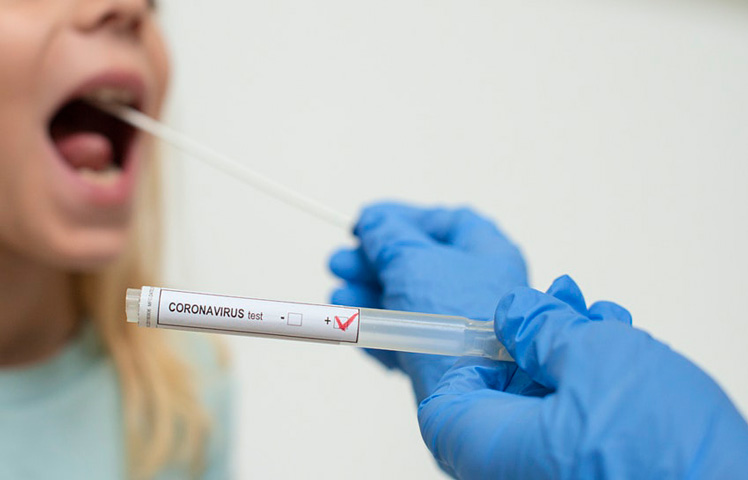
The rules for flying to the US are changing significantly
TripFalcon September 12, 2020
Last Update: 2020-09-12 06:16:04International travelers will no longer have to undergo enhanced COVID-19 testing upon their arrival to the US. The country is removing requirements directing all flights carrying airline passengers arriving from certain countries to land at one of 15 designated airports and is halting enhanced entry health screening for these passengers.
Enhanced entry health screening has up to now been conducted for those arriving from, or with recent presence in, China (excluding Hong Kong and Macau), Iran, the Schengen region of Europe, the UK (excluding overseas territories outside of Europe), Ireland and Brazil. The new strategy focuses on the continuum of travel and the individual passenger, including pre-departure and post-arrival education, illness response and efforts to develop a potential testing framework with international partners.

International travelers will no longer have to undergo enhanced COVID-19 testing © Paul Biris / Getty Images
According to the Centers for Disease Control and Prevention (CDC), this strategy is consistent with the current phase of the pandemic. "We now have a better understanding of COVID-19 transmission that indicates symptom-based screening has limited effectiveness, because people with COVID-19 may have no symptoms or fever at the time of screening, or only mild symptoms," it says. "Transmission of the virus may occur from passengers who have no symptoms or who have not yet developed symptoms of infection. Therefore, CDC is shifting its strategy and prioritizing other public health measures to reduce the risk of travel-related disease transmission."
Effective 14 September, resources will instead be dedicated to efforts that focus on the individual passenger. These include pre-departure, in-flight and post-arrival health education for passengers and robust illness response at airports. The voluntary collection of contact information from passengers will utilise electronic means to avoid the long lines and delays associated with manual data collection. Other efforts will focus on potential testing to reduce the risk of travel-related transmission of the virus and movement from one location to another, as well as country-specific risk assessments to assist passengers in making informed decisions about travel-related risks.
The CDC also intends to provide enhanced training and education of the transportation sector and at US ports of entry to ensure recognition of illness, as well as post-arrival passenger recommendations for self-monitoring and precautions to protect others.

